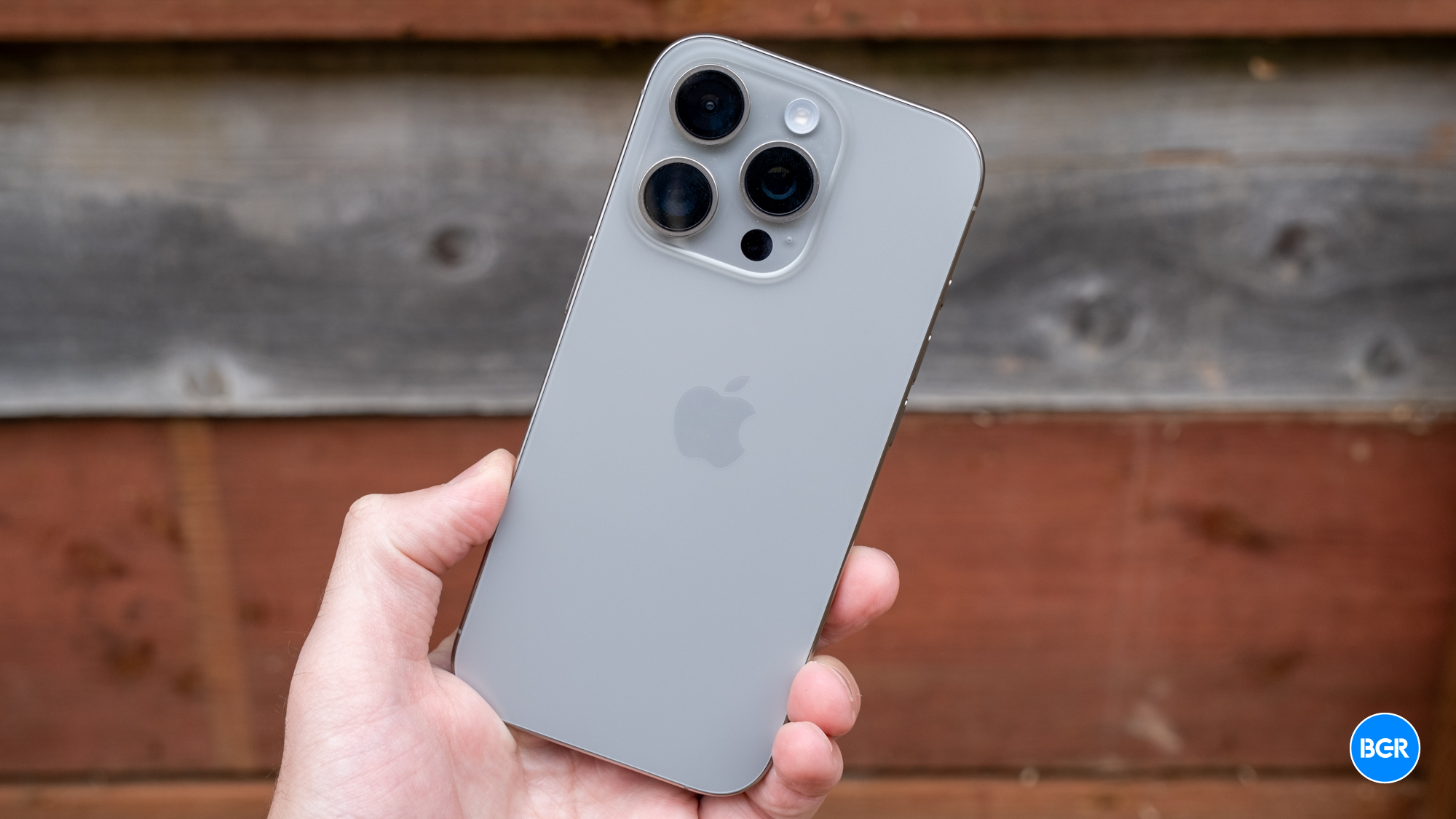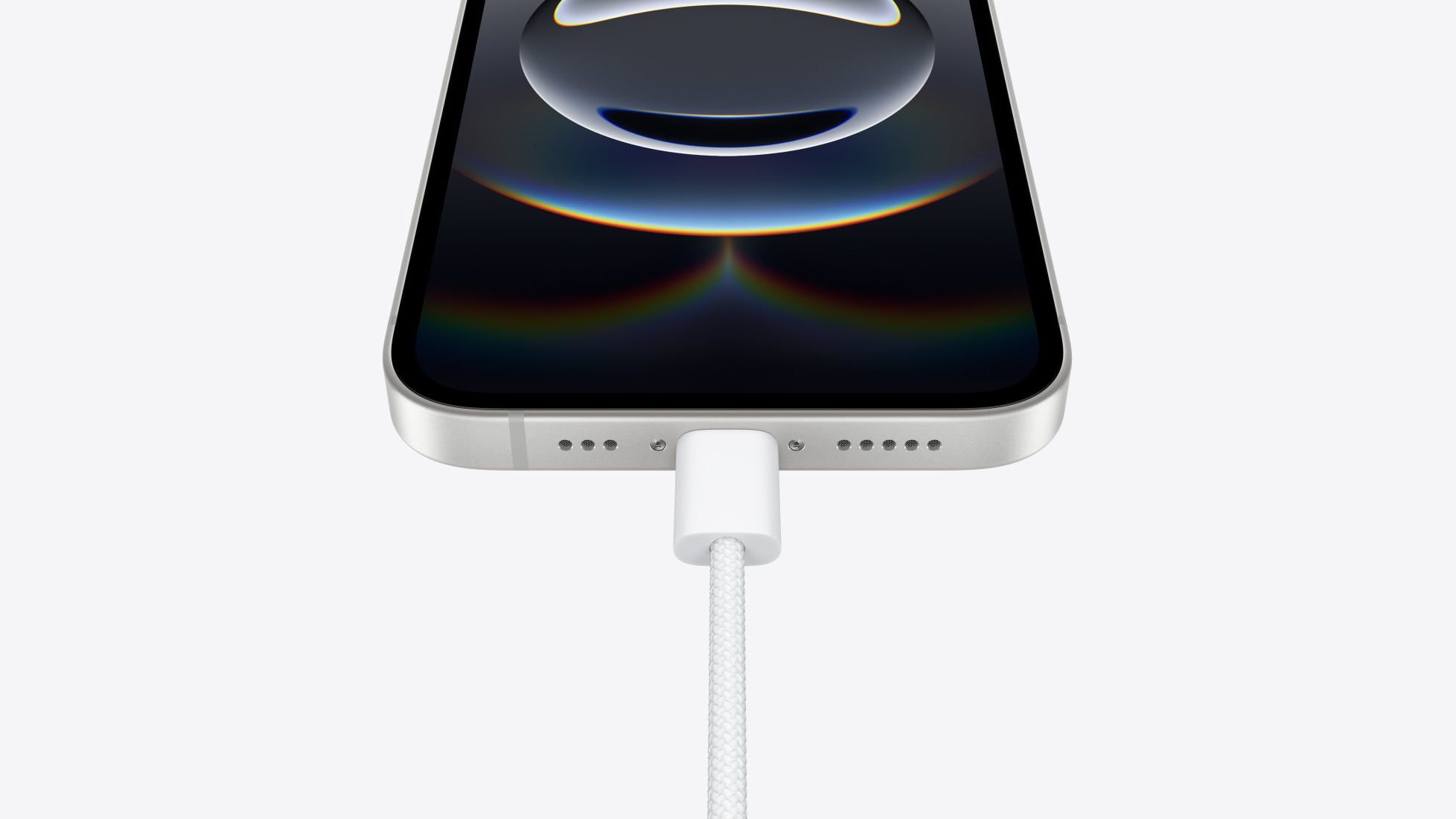Microsoft is calling on the Trump administration to loosen Biden-era restrictions on artificial intelligence (AI) chip exports that it argues could undermine U.S. leadership on the technology.
The AI Diffusion Rule, announced in the final days of the Biden presidency, placed caps on chip sales to most countries around the world, exempting a narrow list of 18 U.S. allies and partners.
“As drafted, the rule undermines two Trump administration priorities: strengthening U.S. AI leadership and reducing the nation’s near trillion-dollar trade deficit,” Microsoft Vice Chair and President Brad Smith said in statement.
“Left unchanged, the Biden rule will give China a strategic advantage in spreading over time its own AI technology, echoing its rapid ascent in 5G telecommunications a decade ago,” he continued.
Microsoft warned the AI Diffusion rule “goes beyond what’s needed” and puts important U.S. allies into a second-tier category, making it more difficult to build AI datacenters in these countries.
The tech giant pointed to Switzerland, Poland, Greece, Singapore, India, Indonesia, Israel, the United Arab Emirates, and Saudi Arabia, where it and other American companies have significant datacenter operations.
“The unintended consequence of this approach is to encourage Tier Two countries to look elsewhere for AI infrastructure and services,” Smith added. “And it’s obvious where they will be forced to turn. If left unchanged, the Diffusion Rule will become a gift to China’s rapidly expanding AI sector.”
The AI Diffusion Rule was the latest in a series of actions taken by the Biden administration to limit China’s ability to obtain advanced AI chips made by American companies.
President Trump has sought to break from his predecessor on AI, emphasizing innovation and lighter regulation. On his first day in office, Trump rescinded former President Biden’s executive order on AI that sought to address risks associated with the technology.
Vice President Vance carried this message to the AI Action Summit in Paris earlier this month, where he slammed “excessive regulation” that “could kill a transformative industry just as it’s taking off.”
However, the Trump administration has so far not walked back the Biden administration’s various restrictions on AI chip sales, including the AI Diffusion Rule, which faced significant pushback from the semiconductor industry when it was announced last month.
Commerce Secretary Howard Lutnick also spoke out against allowing the Chinese government and businesses to build their AI systems using U.S. technology.
“We need to drive our innovation, and we need to stop helping them. You know, open platforms — Meta’s open platform let DeepSeek rely on it. Nvidia’s chips, which they bought tons of, and they found their ways around, drive their DeepSeek model. It’s got to end,” Lutnick said during his confirmation hearing before the Senate Commerce Committee.
“If they are going to compete with us, let them compete, but stop using our tools to compete with us.”
Lutnick oversees the Bureau of Industry and Security, the Commerce Department agency responsible for implementing import and export bans, along with other national security-related trade rules.
Microsoft noted Thursday that it supports “the need to protect national security by preventing adversaries from acquiring advanced AI technology” and suggested that other elements of the rule should remain.
“This puts the opportunity for the Trump administration in bold relief,” Smith said. “It can take an overly complex rule that requires 41 pages in the Federal Register and right-size it. Make it simpler. Stop relegating American friends and allies into a second tier that undermines their confidence in ongoing access to American products.”









